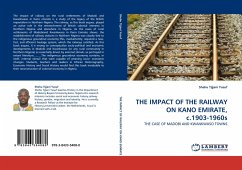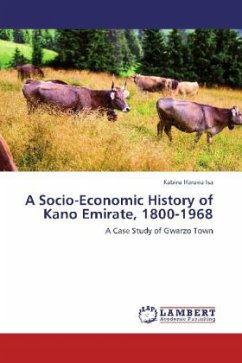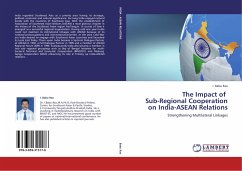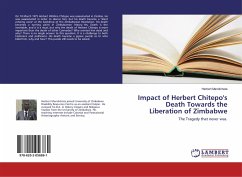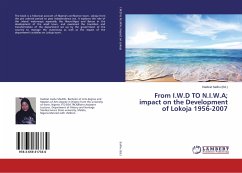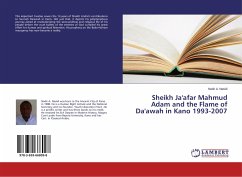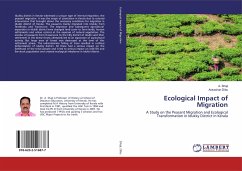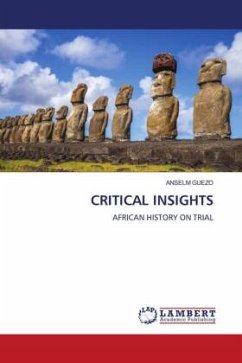The impact of railway on the rural settlements of Madobi and Kwankwaso in Kano emirate is a study of the legacy of the British imperialism in Northern Nigeria. The railway, as this book argues, played an active role in the entrenchment of British colonial interests in Northern Nigeria and elsewhere in Nigeria. As the cases of rural settlements of Madobiand Kwankwaso in Kano Emirate shows, the establishment of railway stations in Northern Nigeria was closely tied to the indigenous groundnut economy.This, inadvertently, required a new, fast, and efficient haulage system, which the railways satisfied. As this book argues, it is wrong to conceptualize socio-political and economic developments in Madobi and Kwankwaso (or any rural community in Northern Nigeria) as essentially driven by external stimuli, as portrayed in extant literature..........The indigenous groundnut economy contains, in itself, internal stimuli that were capable of weaning socio- economic changes. Students, teachers and readers in African Historiography, Economic History and Social History would find this book invaluable to their reconstruction of colonial economy in Nigeria.
Bitte wählen Sie Ihr Anliegen aus.
Rechnungen
Retourenschein anfordern
Bestellstatus
Storno

